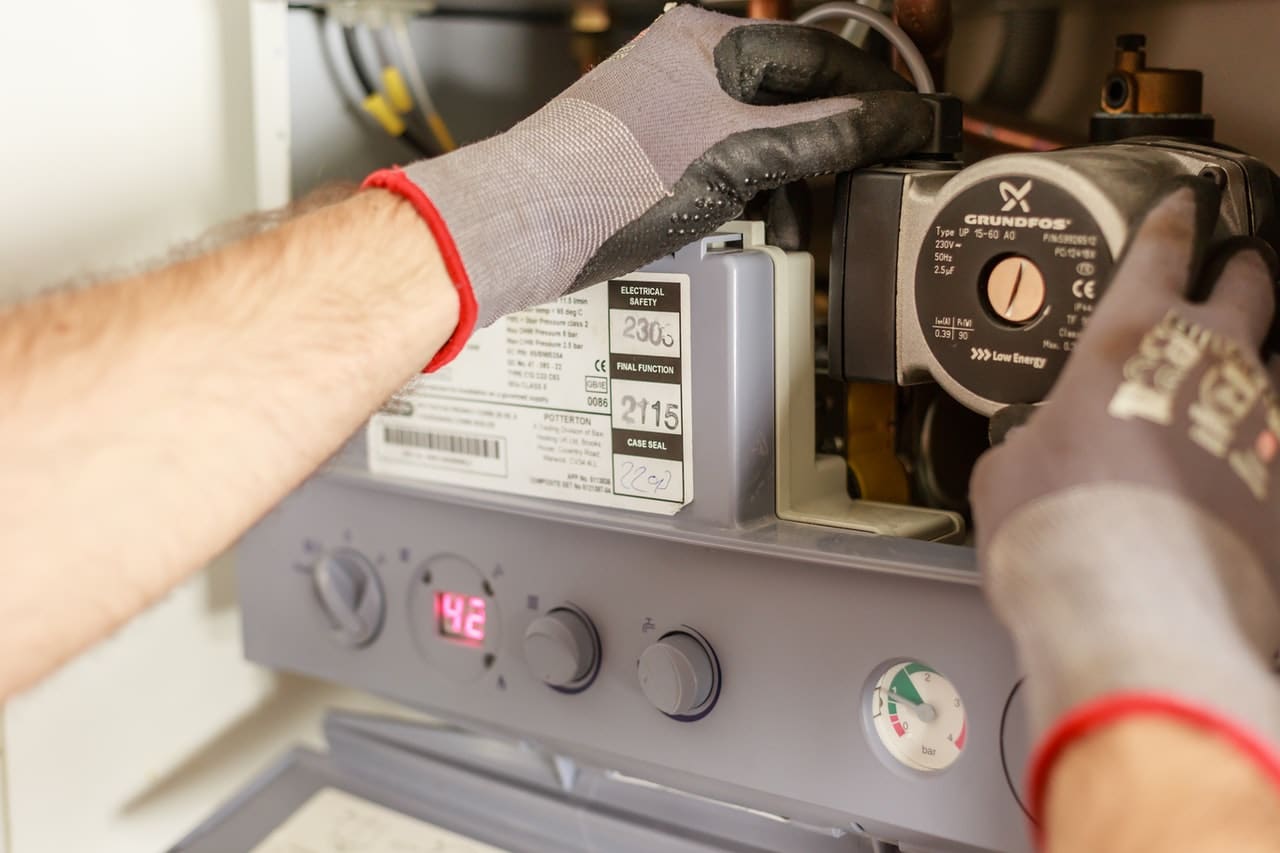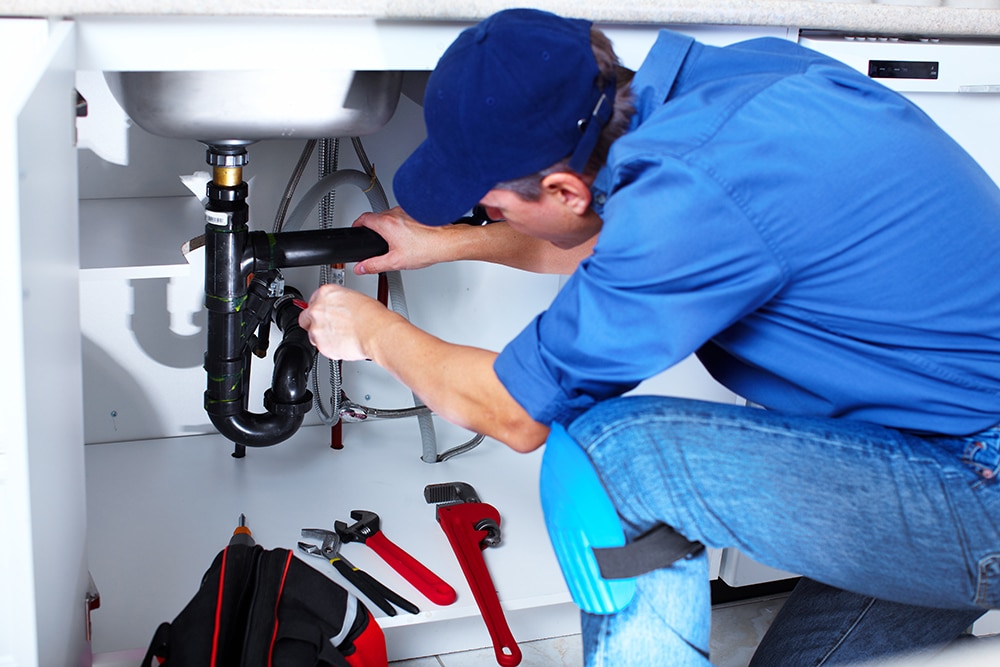We often don’t pay much attention to the water that comes out of our plumbing systems. As long as it’s clean, it’s good to go. But actually, there are other factors in your water that need to be considered. One of these important factors includes water hardness.
What Is Water Hardness?
Water hardness essentially refers to the amount of dissolved magnesium and calcium in the water. When the water is hard, that means there is a higher amount of these dissolved minerals.
But before you get alarmed, it’s important to note that hard water doesn’t pose any real threats to your health. At worst, you’ll just find that the water does not taste good if you ingest it.
While hard water may not cause damage to the human body, that is not to say that it is completely harmless. Hard water can still lead to damage to your plumbing system.
Can Hard Water Damage Your Plumbing System?
Since hard water contains a higher amount of minerals, it can leave mineral deposits in the plumbing system. This buildup of deposits can often come in the form of a white or yellowish flaky substance that surrounds certain plumbing fixtures.
Externally, these calcium deposits just make your plumbing fixtures unattractive and a hassle to clean. However, the problem lies when the deposits build up from within. Over time, the deposits can accumulate to the point where the pipe openings become more narrow.
This reduces the amount of water flowing through the pipes and decreases the water pressure. It also increases the risk of developing clogs in the pipes.
But the greater damage in hard water can be found in the water heater. With the presence of minerals inside the water heater comes an increased risk of corrosion within the tank. And when the water heater walls corrode, it can cause the system to fail and significantly decrease its lifespan.
How to Know If You Have Hard Water
To the naked eye, there’s not really much difference between hard water and soft water. But you can tell whether you have hard water by examining your plumbing fixtures. If you find the white or yellow flaky buildup in your showerheads, that’s a telltale sign of hard water in your plumbing system. Hard water can also bring about a scaly residue on your dishes. Sometimes, hard water can even discolor your clothing, creating a gray effect.
How to Deal with Hard Water
So, what are you supposed to do if you do find out that you have hard water? Well, you can prevent the damage caused by hard water by softening it. All you need to do is call a plumber to install a water softener in your home. And depending on whether your water softener is manual or automatic, you would have to have regular maintenance.
In Summary
Hard water refers to water containing minerals, such as calcium and magnesium. While hard water may not pose any health risks, its presence in your plumbing system can cause some damage, especially in the water heater. To prevent this, you can hire a plumber to install a water softener that can strip away the minerals from your water, reducing its hardness.
Prevent damage from hard water with the help of Candu Plumbing & Rooter. We are a professional plumber in Canoga Park that provides a vast range of services at reasonable prices. We have skilled technicians who can fix your problems within a short period. Also, we use high-quality and advanced technology to ensure quality service. Request your free estimate now!



